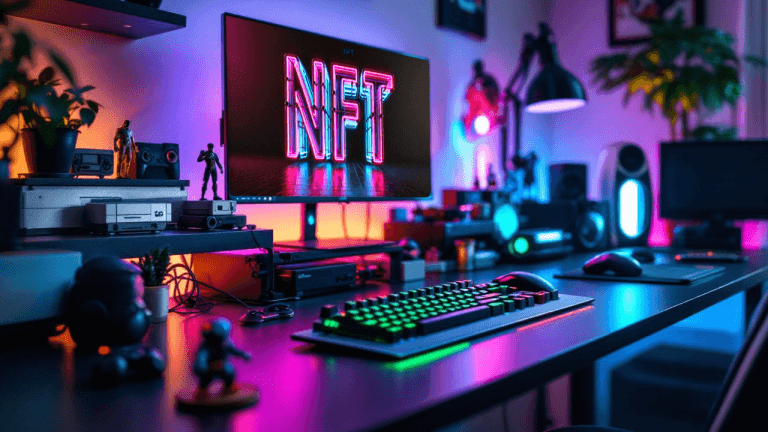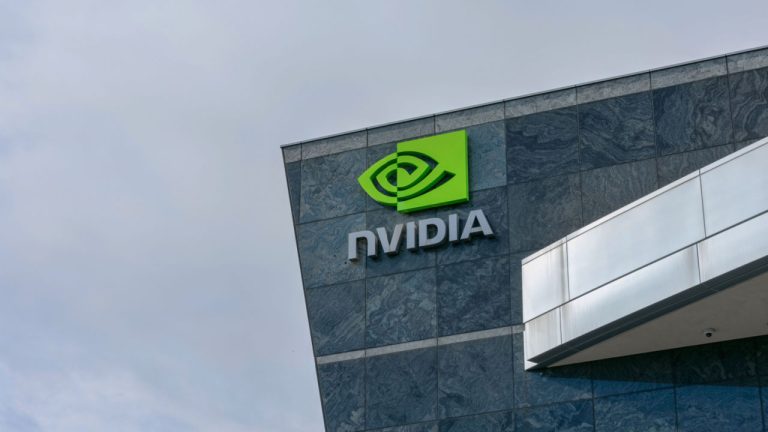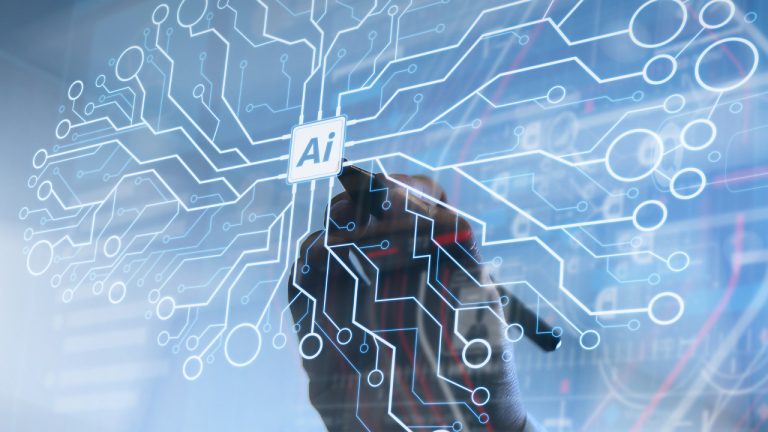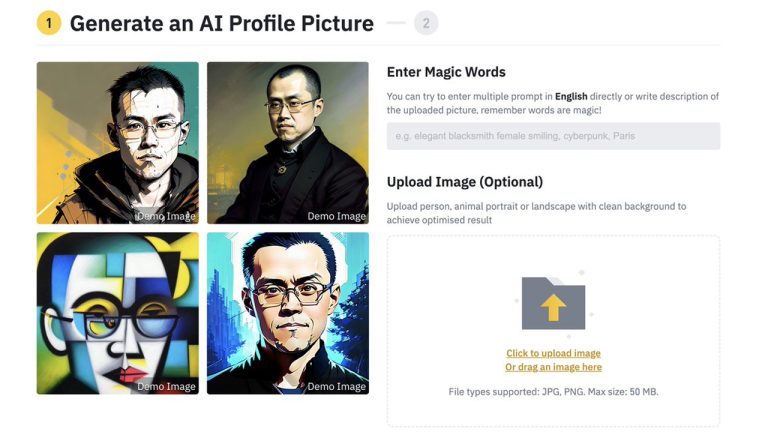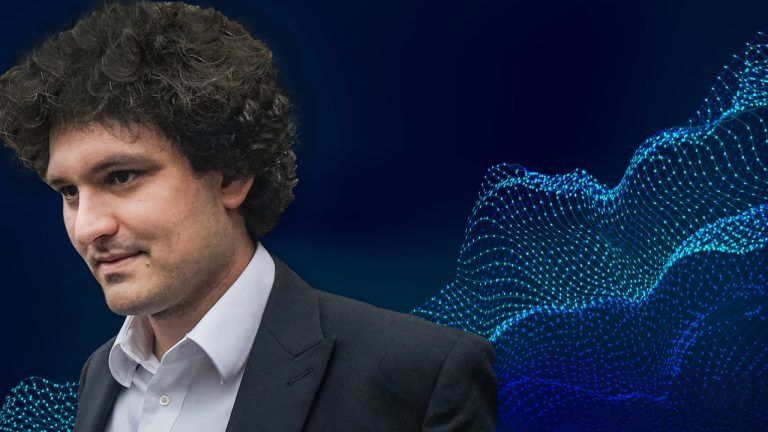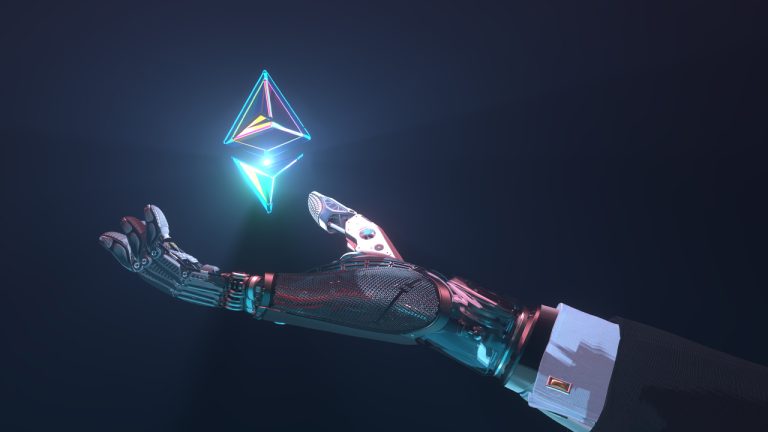
A decentralized autonomous organization could help solve concerns over issues including ChatGPT’s political biases and its potential for abuse.
ChatGPT, a large language model that can converse with users, is one of OpenAI’s ground-breaking models. Although there are numerous advantages to this technology, some worry that it needs to be regulated in a way that ensures privacy, neutrality and decentralized knowledge. A decentralized autonomous organization (DAO) can be the solution to these issues.
Firstly, privacy is a major concern when it comes to the use of ChatGPT. In order to enhance its responses, the model gathers data from users — but this data may contain sensitive information that individuals may not want to divulge to a central authority. For instance, if a user discloses to ChatGPT their financial or medical history, this information may be kept and used in ways they did not expect or authorize. If the information is obtained by unauthorized parties, it may result in privacy violations or even identity theft.
Related: AI has a role to play in detecting fake NFTs
Furthermore, ChatGPT could be utilized for illicit activities such as phishing scams or social engineering attacks. By mimicking a human discussion, ChatGPT could deceive users into disclosing private information or taking actions they wouldn’t ordinarily do. It is critical that OpenAI institute clear policies and procedures for managing and storing user data to allay these privacy worries. A DAO can make sure that the data gathered by ChatGPT is stored in a decentralized manner, where users have more control over their data and where it can only be accessed by authorized entities.
Secondly, there is a growing concern about political bias in artificial intelligence models, and ChatGPT is no exception. Some fear that when these models develop further, they could unintentionally reinforce existing societal biases or perhaps introduce new ones. The AI chatbot can also be used to disseminate propaganda or false information. This may result in unfair or unjust outcomes that have a negative effect on both individuals and communities. Biased replies may result from the model, reflecting the developers’ or training data’s prejudices.
Related: Cryptocurrency miners are leading the next stage of AI
A DAO can guarantee that ChatGPT is trained on objective data and that the responses it produces are scrutinized by a wide range of people, such as representatives from various companies, academic institutions and social organizations who can spot and rectify any bias. This would minimize the possibility of bias by ensuring that decisions on ChatGPT are made with input from a diversity of perspectives.
The DAO may also put in place a system of checks and balances to make sure that ChatGPT doesn’t reinforce already-existing prejudices in society or introduce any new ones. The DAO may, for instance, put in place a procedure for auditing ChatGPT’s responses to ensure they are impartial and fair. This could entail having unbiased professionals examine ChatGPT's comments and point out any instances of prejudice.
Fair is fair. https://t.co/7nDEf6MOp1 pic.twitter.com/5KAmEXivAY
— Ted Cruz (@tedcruz) February 4, 2023
Finally, another issue with ChatGPT is knowledge centralization. The model has access to a wealth of information, which is advantageous in many ways. This might result in a monopoly on knowledge since knowledge is concentrated in the hands of a small number of people or organizations. Likewise, there is a risk that human-machine-only knowledge sharing will become the norm, leaving individuals entirely dependent on machines for collective knowledge.
For instance, a programmer facing a coding issue could have earlier resorted to Stack Overflow to seek assistance by posting their question and receiving replies from other human programmers who may have encountered similar problems and found solutions. Yet, as AI language models like ChatGPT proliferate, it’s becoming more common for programmers to ask a query and then receive a response without having to communicate with other people. This could result in users interacting less and sharing less knowledge online — for example, on websites such as Stack Overflow — and a consolidation of knowledge within AI language models. That could significantly undermine human agency and control over the production and distribution of knowledge — making it less accessible to us in the future.
I'm in the top 2% of users on StackOverflow. My content there has been viewed by over 1.7M people. And it's unlikely I'll ever write anything there again.
— Peter Nixey (@peternixey) March 26, 2023
Which may be a much bigger problem than it seems. Because it may be the canary in the mine of our collective knowledge.
A… pic.twitter.com/YNZvFtwyfu
There are no easy answers to the complicated problem of knowledge centralization. It does, however, emphasize the need for a more decentralized strategy for knowledge production and transfer. A DAO, which offers a framework for more democratic and open information sharing, may be able to help in this situation. By using blockchain technology and smart contracts, a DAO could make it possible for people and organizations to work together and contribute to a shared body of knowledge while having more control over how that knowledge is accessed.
Ultimately, a DAO can offer a framework to oversee and manage ChatGPT’s operations, guaranteeing decentralized user data storage, responses that are scrutinized for bias, and more democratic and open information exchange. The use of a DAO may be a viable solution to these concerns, allowing for greater accountability, transparency and control over the use of ChatGPT and other AI language models. As AI technology continues to advance, it is crucial that we prioritize ethical considerations and take proactive steps to address potential issues before they become a problem.
This article is for general information purposes and is not intended to be and should not be taken as legal or investment advice. The views, thoughts and opinions expressed here are the author’s alone and do not necessarily reflect or represent the views and opinions of Cointelegraph.
